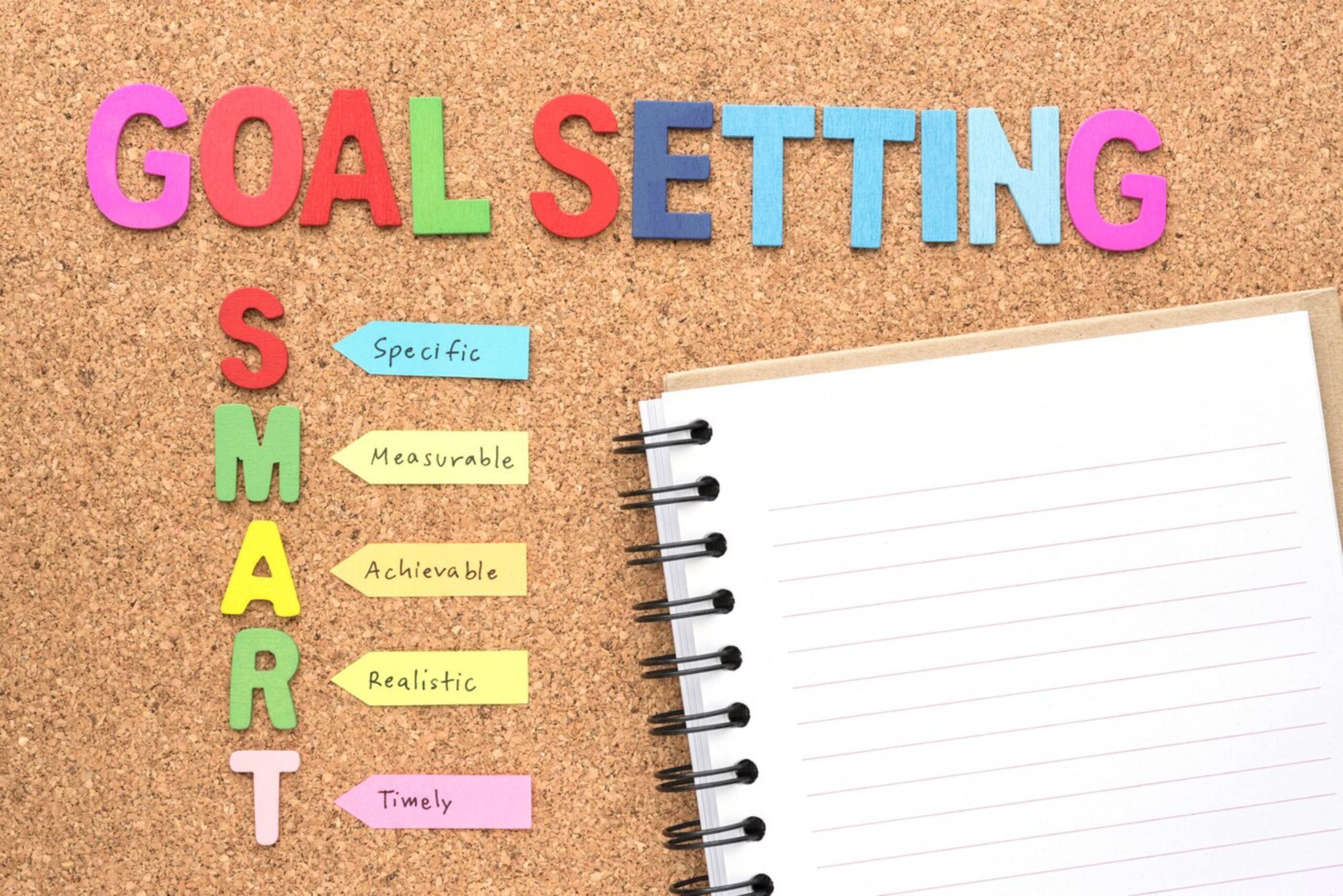The Business Blog

Building a Sustainable Remote Freelance Business: A Comprehensive Guide
In recent years, the landscape of work has undergone a seismic shift. Remote freelancing has created many opportunities for professionals who want flexibility and control. However, building a sustainable remote freelance business is not without its challenges. This guide will look at key strategies to build a successful freelance career from home. Whether you’re new to freelancing or looking to take your business to the next level, this guide is for you.
Key Benefits of a Sustainable Remote Freelance Business
Remote freelancing offers numerous advantages, but sustainability is key to long-term success. A sustainable business model helps you grow your freelance career. It enables you to adapt to the market. Here are some key benefits of creating a sustainable remote freelance business:
Flexibility and Work-Life Balance

A significant benefit of remote freelancing is the flexibility it offers. You can set your schedule, choose your clients, and work from anywhere worldwide. This flexibility helps you find a better work-life balance. This balance is key for long-term job satisfaction and your well-being.
This could mean taking a midday walk, working from a beach Airbnb, or enjoying more time with family. Freelancers can shape their workspaces and schedules to fit their own needs. This flexibility can boost mental health and improve job satisfaction.
Increased Earning Potential
With the right strategies, remote freelancing can offer substantial earning potential. Diversifying your client base and offering various services can boost your income. This also helps you rely less on one client or project. This diversification is a cornerstone of a sustainable business model.
Additionally, freelancers can adjust their pricing models as their experience grows. Hourly rates, project-based fees, and retainer agreements offer different ways to monetise services. A well-run freelance business can be very profitable. It has lower overhead costs than traditional businesses.
Professional Growth and Development
Remote freelancing provides ample opportunities for professional growth. Working with various clients and industries builds your skills and expertise. This growth benefits your current projects and opens up new avenues for future work.
Freelancers must often wear multiple hats, handling tasks from marketing to project management. These responsibilities help build a versatile skill set. Freelancers often find their work more rewarding than traditional jobs. The learning curve and variety keep things interesting and stimulating.
Real-Life Application: The Journey of a Successful Freelancer
Jane began her journey as a freelance graphic designer with just one client. Focusing on sustainability helped Jane grow her client base. She sharpened her skills and then launched her design agency. Her story shows that planning ahead and being flexible can build a strong freelance business.
Jane built a strong brand. She blogged about her process and shared studies on social media. Her outreach and ideas led to speaking gigs, partnerships, and top clients. Her path is a testament to the power of consistent effort and long-term vision.
Additional Expert Tips & Common Mistakes to Avoid
To build a sustainable remote freelance business, you need more than just talent and hard work. It’s about using best practices and avoiding common traps that can slow you down. Here are some expert tips and mistakes to avoid:
Best Practices for Remote Freelancing

- Set Clear Goals: Define what success looks like for you and set measurable goals. This clarity will help you decide and stay focused on your long-term vision. Revisit these goals regularly to adjust based on growth and market changes.
- Build a Strong Online Presence: A strong online presence is key in today’s digital world. Build a professional website, optimise your LinkedIn profile, and engage with online opportunities to showcase your skills. Portfolios, testimonials, and strong branding help attract quality clients.
- Build a Network: Networking is essential in the freelance world. Join virtual conferences, connect with industry groups, and network with other freelancers. This will help you grow your network and discover new opportunities. Collaborative projects and referrals often come from these relationships.
- Manage Your Finances Wisely: Financial stability is a cornerstone of a sustainable business. Keep an eye on your income and expenses. Set aside savings for tough times. Also, think about getting professional financial advice. Use accounting software. Keep business and personal finances separate. This helps you stay organised and ready for tax season.
Common Mistakes to Avoid Organized
- Taking on too many projects can cause burnout and lower work quality. Learn to say no and prioritise projects that align with your goals and values. Cleprioritizees and realistic deadlines help maintain boundaries and ensure quality.
- Neglecting Self-Care: Remote work can mix work and personal life too much. Prioritise self-care and set boundaries to maintain a healthy work-life balance. Take regular breaks, set up ergonomic workspaces, and create a shutdown routine to mark the end of the day.
- Ignoring Market Trends: The freelance market is dynamic and ever-changing. Keep up with industry trends and be ready to adjust your services for changing client needs. Update your skills often and stay curious. This keeps you relevant and competitive.
Advanced Insights & Expert Recommendations
To excel in remote freelancing, you must do more than just the basics. Embrace advanced strategies that help you stand out from the competition. Here are some expert recommendations:
Embrace Technology and Automation
Leverage technology to streamline your workflow and increase efficiency. Utilise project management tools. Automate tasks that repeat often. Also, explore AI solutions to boost productivity.
Tools like Trello, Asana, and Notion help you stay organised. Software like QuickBooks and FreshBooks makes managing finances easier. Automating tasks like client onboarding, recurring billing, and reminders saves time, allowing you to focus on more creative or high-value work.
Focus on Client Relationships
Building strong client relationships is key to a sustainable business. Communicate effectively, deliver on promises, and seek feedback to improve your services. Satisfied clients are more likely to provide repeat business and referrals.
Going the extra mile can really help. Sending check-in emails, thank-you notes, or project follow-ups makes a difference. Position yourself as a partner, not just a contractor, to foster long-term relationships.
Continuous Learning and Skill Development

The freelance industry is constantly evolving, and staying ahead requires continuous learning. Take online courses, join webinars, and find a mentor. These steps will help you stay skilled and up-to-date.
Learning doesn’t just apply to technical skills. Soft skills like communication, negotiation, and time management are equally crucial. Making time for professional development helps you stay valuable to clients and builds your confidence.
Unique Industry Perspectives
Remote freelancing is not just about working from home; it’s about embracing a new way of thinking. Successful freelancers view challenges as opportunities for growth and innovation. With this mindset, you can face freelancing’s uncertainties with confidence and strength.
Each industry has nuances that affect freelance work. Knowing your niche, such as digital marketing, tech writing, or UX design, helps you provide targeted solutions. Engage with niche communities and follow industry leaders. This will help you gain new insights and inspiration.
Conclusion: Building a Sustainable Remote Freelance Business
Building a sustainable remote freelance business takes dedication and smart planning. Focus on flexibility, growth, and client relationships. This will help you create a lasting freelance career. Set clear goals and embrace technology. Also, self-care should be prioritised to maintain a healthy work-life balance.
Prioritise time to take action. Reflect on your current freelance strategy and identify areas for improvement. Follow the tips in this guide, and see your freelance business thrive. Are you ready for this exciting journey towards a sustainable and fulfilling freelance career?









